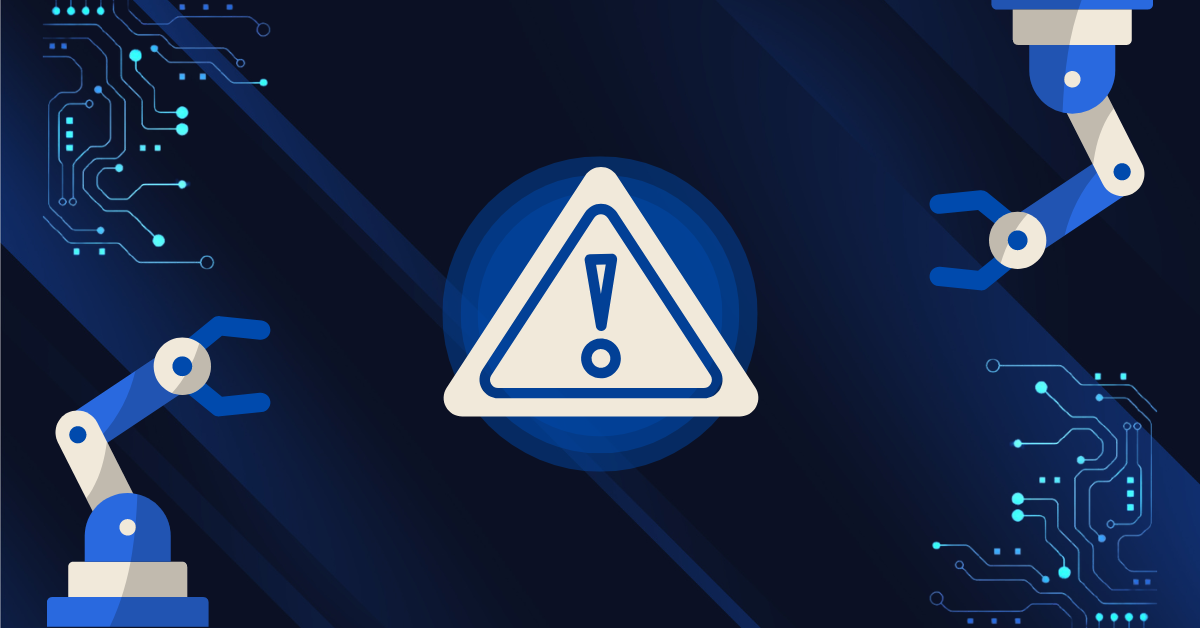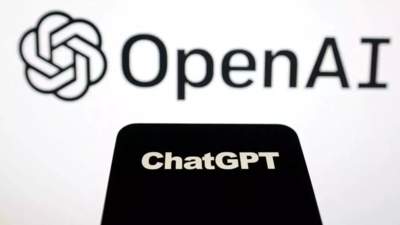Canadian news publishers suing ChatGPT developer OpenAI - The legal battle unfolds
A coalition of Canadian news publishers has taken legal action against OpenAI, alleging that the company has violated copyright laws by using news content from media websites to train its ChatGPT generative artificial intelligence system. The coalition, which includes prominent media outlets such as The Canadian Press, Torstar, The Globe and Mail, Postmedia, and CBC/Radio-Canada, claims that OpenAI has been scraping substantial amounts of content without permission or proper compensation.
In a statement released on Friday, the coalition expressed concerns about OpenAI profiting from their content without any authorization, emphasizing that the intellectual property rights of news publishers must be respected. The publishers argue that while they support technological advancements, such innovations should comply with legal standards, especially regarding copyright protection.

Legal challenges and allegations
The lawsuit filed in an Ontario court seeks damages to be determined during the trial, proposing statutory damages amounting to $20,000 per work. Additionally, the coalition is requesting an injunction to prevent OpenAI from using their news content, citing ongoing and unauthorized misappropriation of valuable journalistic works.
Paul Deegan, the president of News Media Canada, criticized AI companies for exploiting journalism resources while disregarding the rights of content creators. He accused these companies of benefiting from journalistic content without investing in the production process, leading to what he described as "strip-mining journalism."
Industry implications and regulatory considerations
The legal battle in Canada reflects broader discussions within the industry about the use of generative AI and its implications for copyright law. Lisa Macklem, a lecturer at King’s University College, highlighted the significance of this case in shaping regulations for AI technologies, particularly in the realm of copyright protection.

Canadian authorities are currently evaluating potential updates to copyright laws to address the challenges posed by generative AI. Stakeholders in the creative and tech sectors have expressed differing views on the matter, with creators and publishers calling for more stringent regulations, while AI companies argue in favor of preserving flexibility for innovation.
Government response and policy considerations
The Canadian government's response to the evolving AI landscape has been a subject of debate, with calls for expedited legislative actions to provide clarity on copyright issues. Benjamin Bergen, president of the Council of Canadian Innovators, emphasized the need for proactive policies to support the new digital economy and prevent legal disputes from overshadowing technological advancements.
In 2023, the passage of the Online News Act marked a significant step in regulating the use of news content by tech giants like Google and Meta. This legislation required platforms to compensate news publishers for their content, prompting adjustments in how these companies utilize news-related data, including for training AI systems.

As the legal battle between Canadian news publishers and OpenAI unfolds, it underscores the complex relationship between AI innovation, copyright law, and regulatory frameworks. The outcome of this case and ongoing developments in the AI sector will likely shape future policies and practices in the digital landscape.
This report by The Canadian Press was first published on Nov. 29, 2024.










